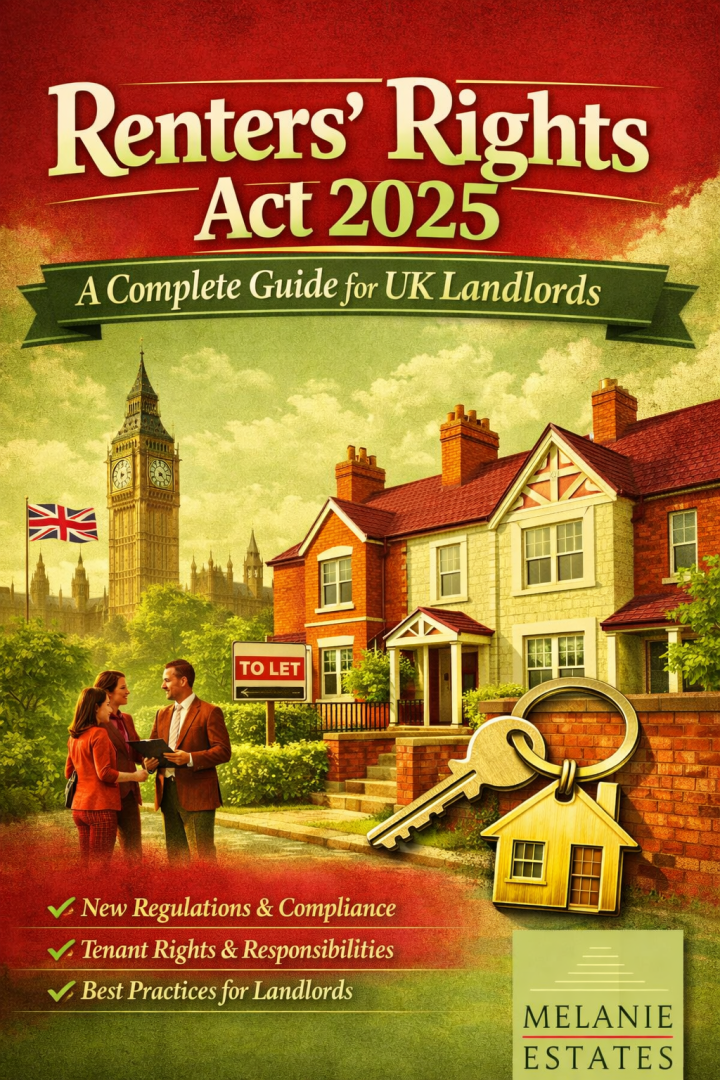There are several home improvements schemes available that'll give you money to reduce your energy bills. Let's take a look. Key takeaways Energy companies will pay for insulation, glazing and even new boilers for people claiming certain benefits under the Energy Company Obligation scheme The Boiler Upgrade Scheme offers property owners £5,000 towards the cost of buying and installing an air...
There are several home improvements schemes available that’ll give you money to reduce your energy bills. Let’s take a look.
Key takeaways
- Energy companies will pay for insulation, glazing and even new boilers for people claiming certain benefits under the Energy Company Obligation scheme
- The Boiler Upgrade Scheme offers property owners £5,000 towards the cost of buying and installing an air source heat pump or biomass boiler
- Grants averaging £10,000 are available to certain households to make energy efficiency improvements under the Green Homes Grant Local Authority Delivery Scheme
With gas and electricity bills soaring, you may be looking for ways to cut back on your energy usage. Making your home more energy efficient is the first obvious way to reduce costs.
The good news is that there are several government grants available to help you do just that.
Let’s take a look at the different schemes available to help you improve your home and reduce your energy bills.
Free loft and cavity wall insulation
With a quarter of heat lost through the roof of your home, installing loft insulation can be an effective way of reducing your energy bills.
In fact, new loft insulation could save you nearly £600 a year if you live in a detached home, according to the Energy Saving Trust.
Installing loft insulation costs around £400, including labour. For cavity wall insulation, you can expect to pay around £200 per two-storey external wall.
But you may be able to have the work carried out for free under the Energy Company Obligation scheme.
Energy companies have an obligation to help low-income households make heating improvements to their homes.
Under the scheme, you can get loft or cavity wall insulation installed, if it’s suitable for your home.
You may also be able to get window glazing or a new boiler if your current one has broken.
Different energy companies offer different options under the scheme. The level of funding they provide also varies.
You are eligible for the scheme if you or someone living with you is claiming certain benefits. These include universal credit, pension credit, income support, disability living allowance, child tax credit, and child benefit.
You can apply for the scheme if you’re a homeowner or renting a property if you have permission from your landlord.
Boiler upgrades
A new, more energy efficient boiler can help to slash your fuel bills by up to a third.
But replacing your boiler can be pricey, particularly if you upgrade to a low carbon one. A small biomass boiler for example, starts at £5,000.
That said, government grants are available to help you replace fossil fuel heating systems with more efficient, low carbon ones.
The Boiler Upgrade Scheme offers property owners £5,000 towards the cost of buying and installing an air source heat pump or biomass boiler.
Alternatively, you can get £6,000 off the cost of a ground source heat pump.
To qualify, your home must be in England or Wales. You must also have a valid energy performance certificate. In addition, there must be no outstanding recommendations for loft or cavity wall insulation.
New build properties are not normally eligible. And your existing system must run off oil, gas, or electricity.
The grant can only be used to for a biomass boiler if you live in a rural area and are not connected to the gas grid.
Green Homes Grant
The Green Homes Grant was a government scheme under which homeowners could get vouchers worth up to £5,000. The money covered up to two-thirds of the cost of improvements to make your home more energy-efficient.
If someone in the household received certain benefits, 100% of the cost up to £10,000 was covered.
The scheme officially closed to new applicants on 31 March 2021. But local authorities in England are still running their own versions of it. These are known as the Green Homes Grant Local Authority Delivery Scheme.
Under the new scheme, grants averaging £10,000 are available to homeowners. The money can be used to install solar PVs, air source heat pumps, and loft, underfloor, external wall and cavity wall insulation.
Homeowners do not need to contribute any money themselves towards the improvements.
To qualify, you must have a household income of less than £30,000 a year. Your property must also have an Energy Performance Certificate rating of D, E, F or G.
Tenants in the private rented sector can also apply to pay for a grant to improve their rental property.
The average grant for rental properties is £5,000, and landlords must contribute a third of the total cost.
Solar PV installation
Having a solar PV system installed at your home can slash your electricity bills to almost nothing. But installing the panels is pricey, at around £6,000.
Energy companies used to offer to install free solar PVs. Homeowners could then use as much of the energy generated as they needed, with the company taking the rest.
Unfortunately, these schemes no longer exist. They ended when the government replaced the Feed-in Tariff scheme with the Smart Export Guarantee scheme.
But it might still be worth paying to install solar panels yourself.
It is worth noting that no VAT is payable on energy-saving materials, such as solar panels, from now until 2027.
To gain the most benefit from solar panels, your roof must be south-facing, and free from shade for most of the day.
It should also have a tilt and be large enough to accommodate at least 10 solar panels.
You could potentially save up to £800 a year on energy bills by installing solar panels.
If you live in a sunny area and have a four-bedroom house that can accommodate 14 solar panels, you could potentially save up to £800 a year on energy bills, according to The Eco Experts.
As a result, it would take you just over eight years to break even on the cost of installing solar panels.
If you generate more electricity than you use, you can sell it back to the grid through the Smart Export Guarantee scheme. But you are only likely to make around £100 a year doing this.
Source; Zoopla


 By
By 



Share this with
Email
Facebook
Messenger
Twitter
Pinterest
LinkedIn
Copy this link